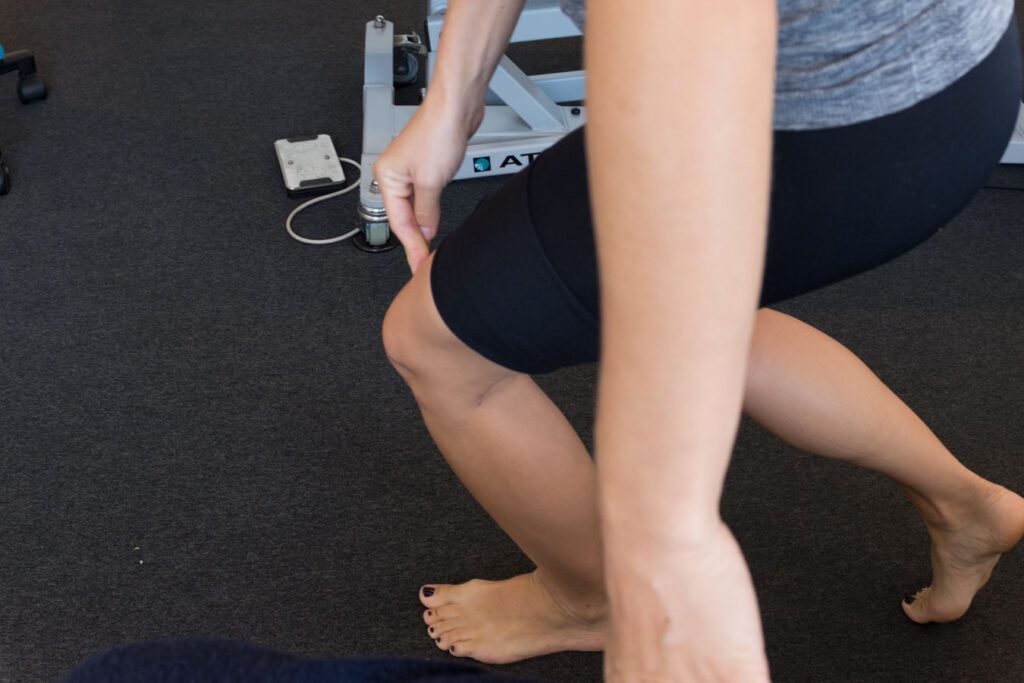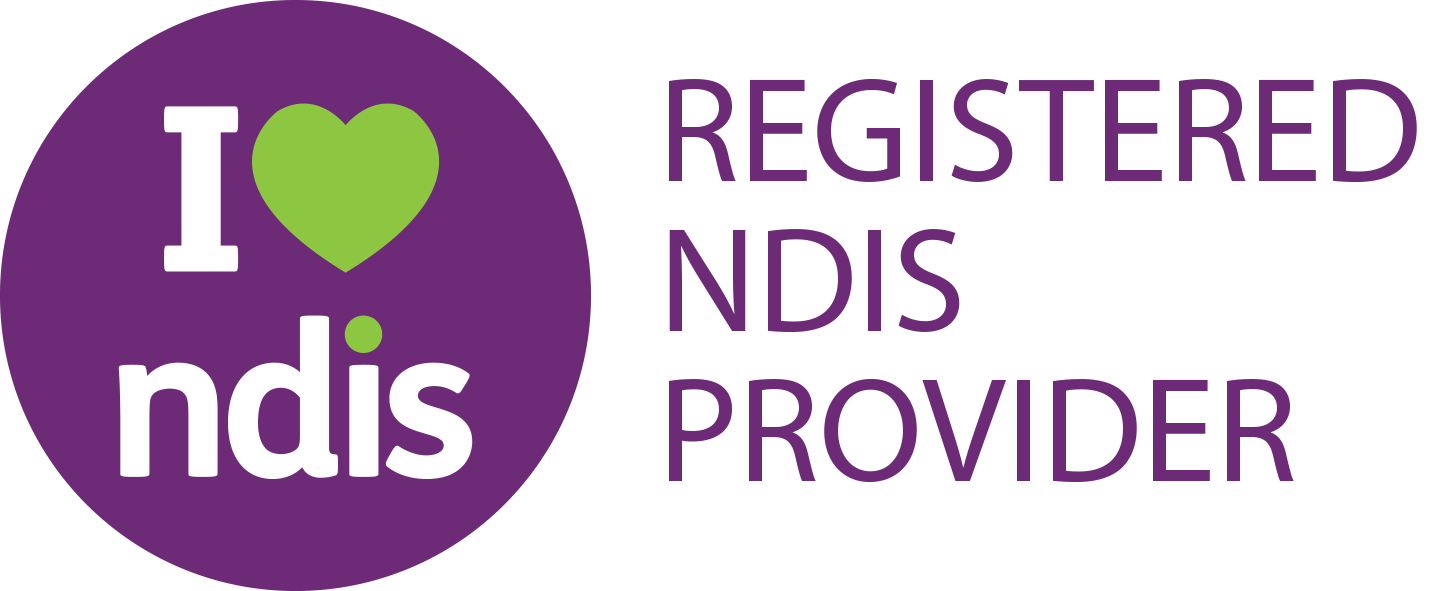
The topic of Injury from Over-training is a complex one. The following is an article on the signs of over-training and the ways to avoid it. On the one hand we love you training hard, but on the other hand we don’t want you to injure yourselves.
If over-training occurs, there is not sufficient recovery time between workouts therefore your progress is hampered. An acute increase of catacholamines (ephinephrine and norepinephrine) occur during exercise. During over-training, prolonged ephinephrine and norepinephrine levels can decrease testosterone and increase cortisol thereby stunting or inhibiting adequate adaptation. Put simply, your body cant recover quickly enough meaning that it ends up crashing.
One of the most common musculoskeletal injuries caused by overtraining is a tendinopathy (tendon injury). Tendons are the connective tissue that join muscles to bone. Tendonitis or tendonopathy is a common sports injury that often occurs from overuse. When you work out hard and often, your muscles will grow providing you have the proper nutrition. However, your tendons do not grow the same as muscles and are therefore put under a lot of pressure during exercise. Furthermore there is a very limited supply of blood to the tendons meaning that they will not repair and heal nearly as quickly as muscle does. Tendon issues can cause deep, nagging pain that is caused by inflammation and finally degradation of tendons. Treating tendon problems consists of rest, medication, physical therapy or changes to equipment or technique.
There are many, many more injuries that come from over-training, but the point of this article is to show you the warning signs to look out for and how to fix it.
Physical Signs & Symptoms
-
- Elevated resting pulse / heart rate
- Frequent minor infections
- Increased susceptibility to colds and flu’s
- Increases in minor injuries/ niggles
- Chronic muscle soreness or joint pain
- Exhaustion
- Lethargy
- Weight loss
- Appetite loss
- Insatiable thirst or dehydration
- Intolerance to exercise
- Decreased performance
- Delayed recovery from exercise
Psychological Signs & Symptoms
-
- Fatigued, tired, drained, lack of energy
- Reduced ability to concentrate
- Apathy or no motivation
- Irritability
- Anxiety
- Depression
- Headaches
- Insomnia
- Inability to relax
- Twitchy, fidgety or jittery
As you can see there is a wide variety of symptoms associated with over-training. But the worst part for all you hard workers is that all your hard work will be for nothing. Training hard is great idea, but only if you are doing it properly. One of the main problems is that many people look to magazines and unreliable sources for their training regimens. Everybody is vastly different meaning that your program should be vastly different from someone else. For example below is a well know magazine that does inspire people to get out there and train hard, and as much as we love that, the advice is usually aimed at advanced exercises with a particular genetic capability. We are not saying that all the advice is bad, we are just saying that you have to take it with a grain of salt. Know your own capabilities and then weigh up the options.
Our advice to avoid over-training
- Have the proper and adequate nutrition
- Seek professional advice regarding micro and macro-cycles in training
- Seek advice on the adequate amount of rest needed for YOU, not somebody else.
- Slow and gradual increases to your training rather than quick
- Get adequate rest and sleep
- Monitor other stresses in your life
- Don’t train when sick
- Avoid monotonous training
For further advice on this topic call Holistic Physio Fitness on (02) 9999 6666

